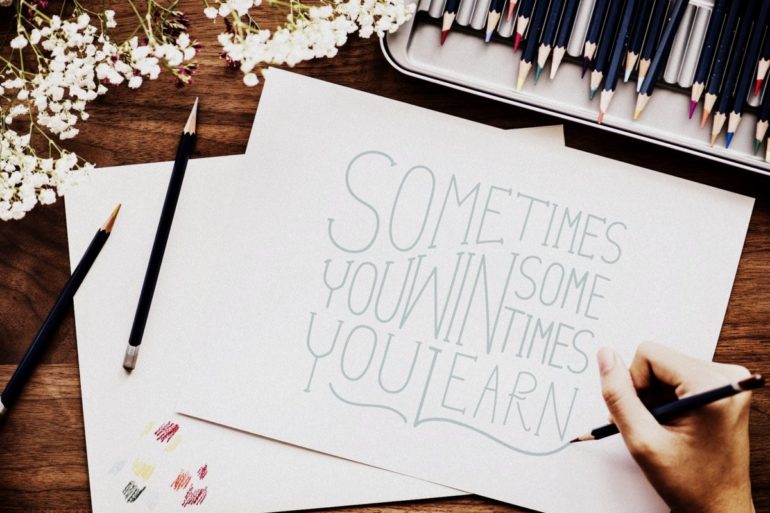While these creative or "Aha!" moments often are associated with scientific discoveries and inventions, most people occasionally feel the thrill of insight when a solution that had eluded them suddenly becomes obvious.
It's hard to keep yourself going when you don’t feel the same excitement as you did in the beginning.
Unconscious motivation plays a substantial role in how we respond to challenges. Find out how much.
Have you ever had the experience of looking back on your week with the sinking feeling that you didn't get as much done as you'd hoped?
Whether you are a habitual list maker, or you prefer to keep your tasks in your head, everyone pursues their goals in this ever-changing, chaotic environment.
What should you do when you really, REALLY have to go? Make important life decisions, maybe?
How many times have you spent hours slaving over an impossible problem, only to take a break and then easily solve the problem, sometimes within minutes of looking at it again?
Science has shown that even a brief sleep - a power nap - can significantly improve your ability to remember what you've learned. Here's how.
You might think that a loving partner helps keep you on track -- say, when you want to stick to your jogging or concentrate on your studies.
When faced with a difficult decision, we try to come up with the best choice by carefully considering all of the options, maybe even resorting to lists and lots of sleepless nights.
Unlike with short-term finite goals, the unconscious will continue to positively value objects related to the long-term goals, even after a level of success has been achieved.
A polite act shows respect. But a new study of a common etiquette -- holding a door for someone -- suggests that courtesy may have a more practical, though unconscious, shared motivation: to reduce the work for those involved.











